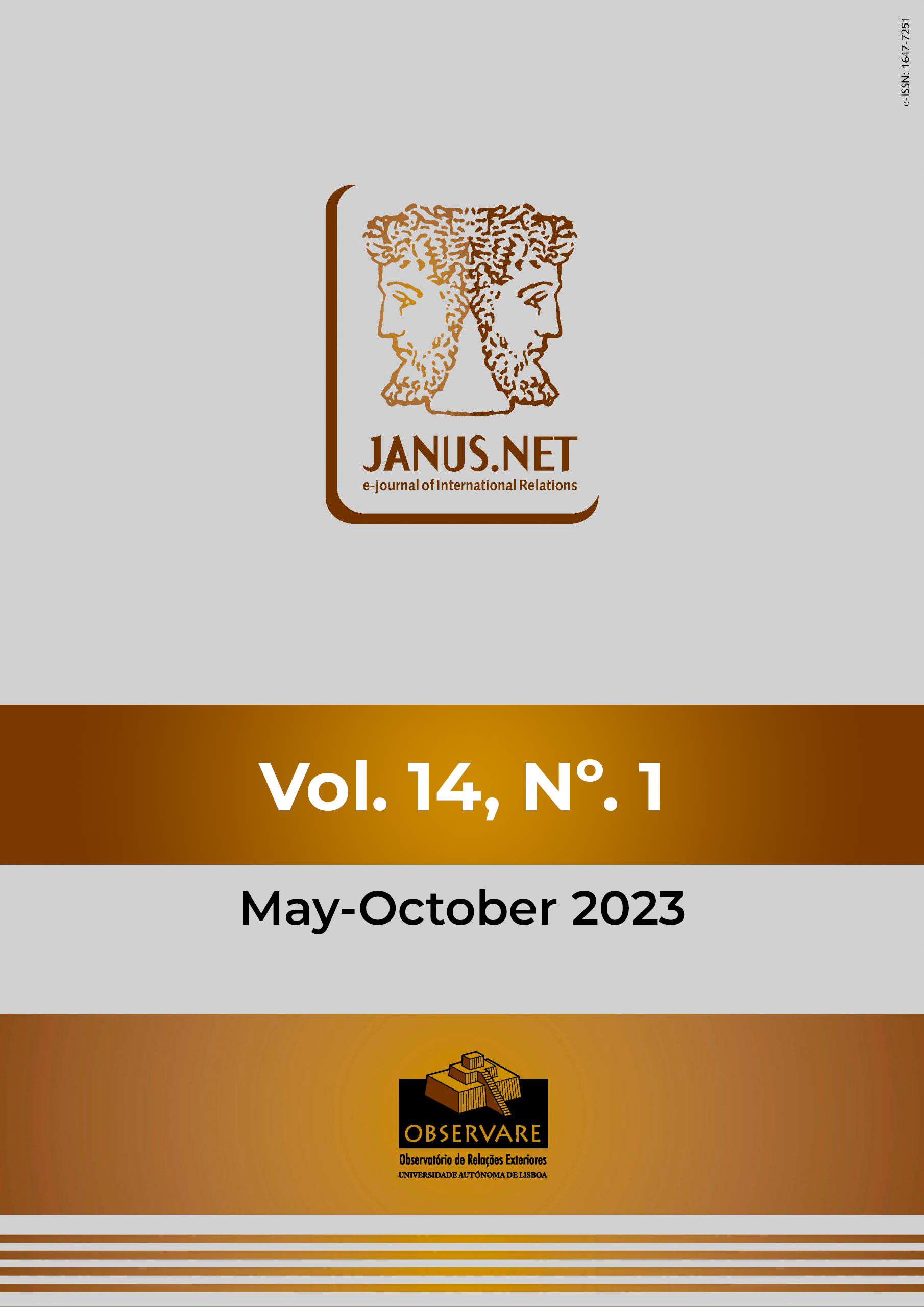After two conflicts of global proportions and a failure to pursue peace between them, the United Nations Charter was signed in San Francisco on June 26, 1945, to establish peace and collective security reinforcing them universally, by abolishing the use of armed force as an instrument for resolution of interstate conflicts. After September 11, 2001, attacks on the United States of America came the war, the proclaimed “war on terrorism”. An expression that calls into question the traditional representations of war, both the traditional perspective and that of collective security. Due to the emergence of a new type of enemy, not being a state, does not fit the defined norms. Thus, the declaration of war on terrorism represents aprovocation to Public International Law. The guarantee of peace and security with the deliberation of prohibition of the trivialized use of armed force in Public International Law, leads us to seek to understand how the complex problematic of the “war on terror”, after the 9/11 attacks, challenges the Public International Law.
O DIP E O TERRORISMO INTERNACIONAL. ANTES E APÓS O 11/09. COMO A “GUERRA AO TERRORISMO” DESAFIA O DIREITO INTERNACIONAL PÚBLICO
https://doi.org/10.26619/1647-7251.14.1.3
BRUNO JOSÉ MARTINS BESSA
Abstract
Keywords
War, International Security, Terrorism, International Law
Artigo publicado em 2023-05-30

